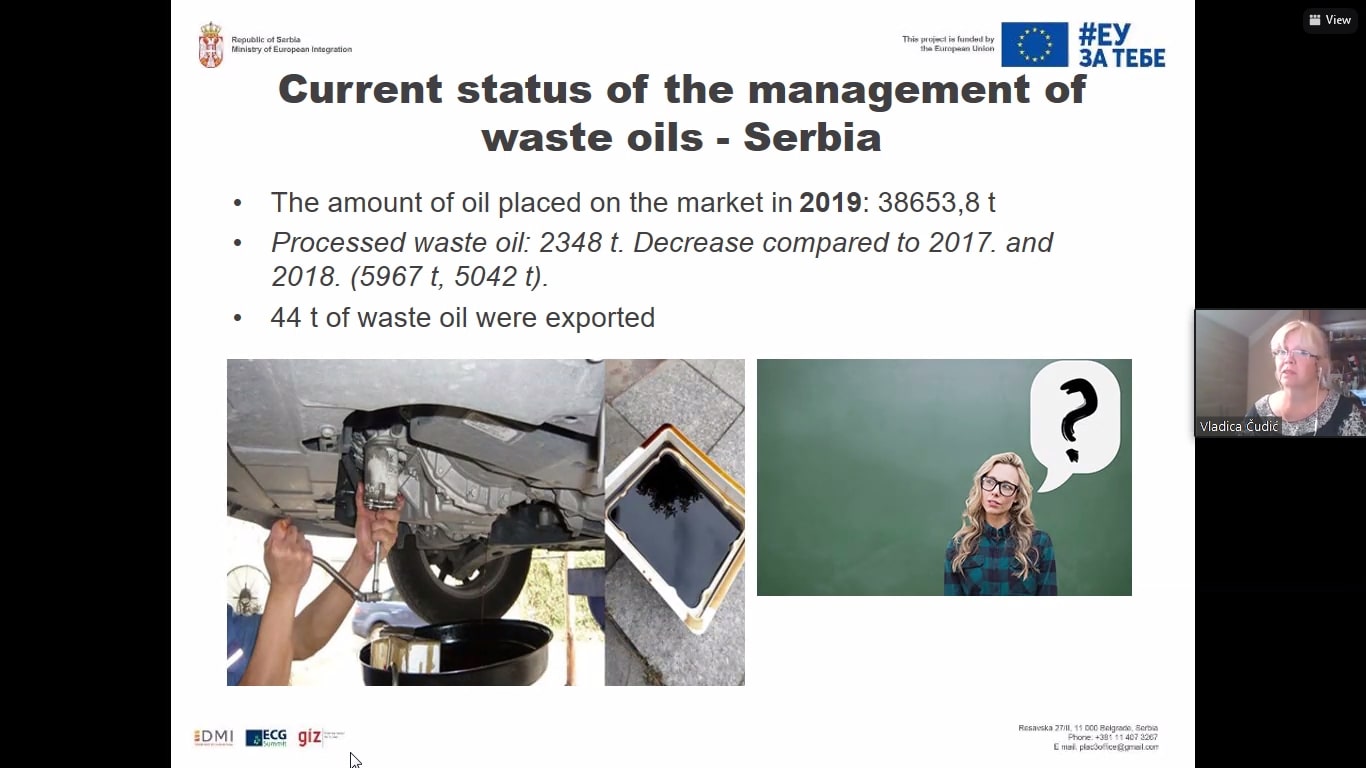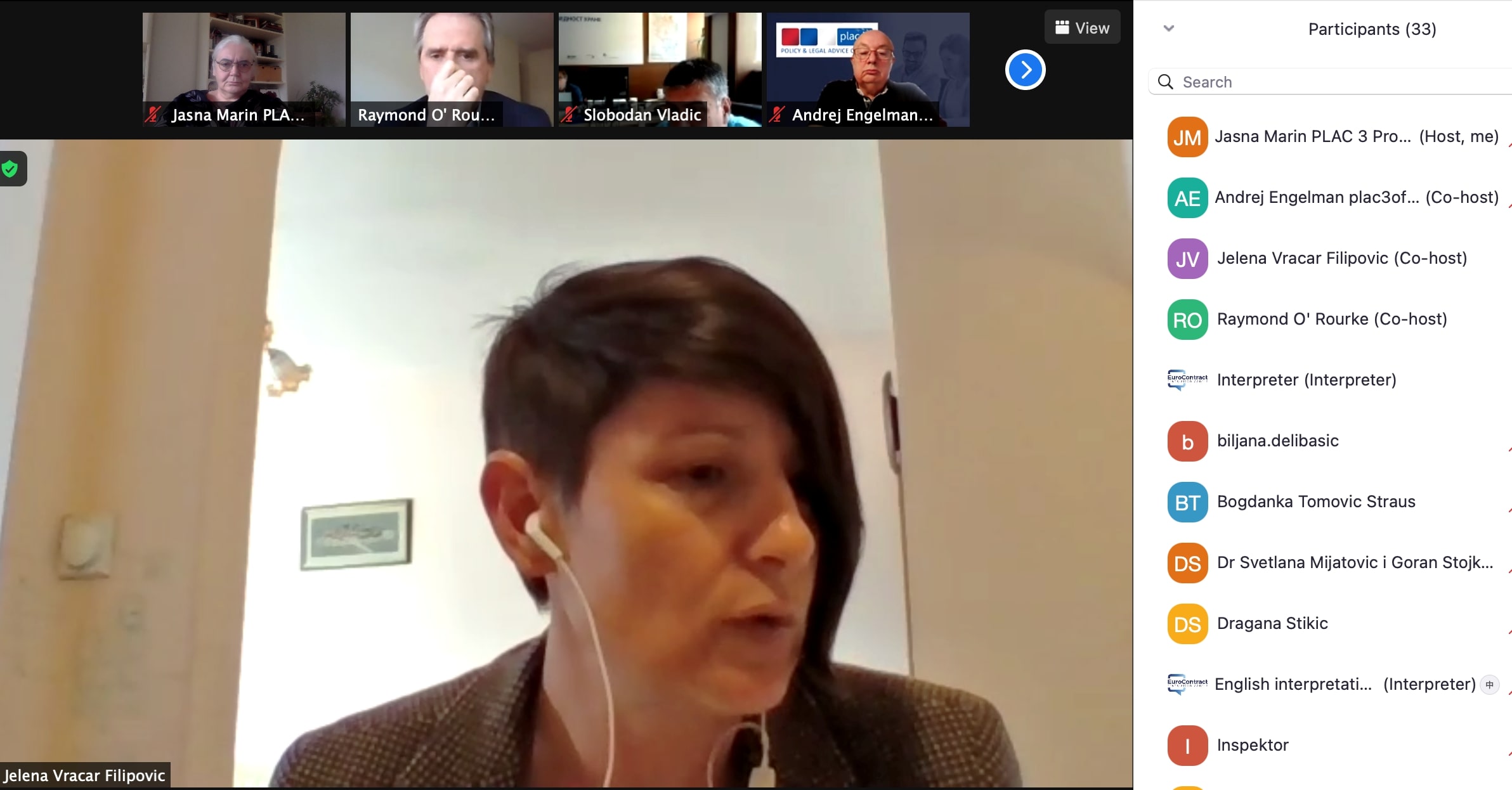As part of the harmonisation of Serbian legislative framework on the waste management with the Union acquis, the PLAC III project has provided support to the Ministry of Environmental Protection in the field of waste oils and waste tires management.
The Waste Oil Directive was repealed and waste oils are now governed by the Waste Framework Directive 2008/98/EC, which stipulates separate collection of waste oils, treatment in accordance with waste hierarchy and prohibits mixing of waste oils waste oils of different characteristics with other kinds of waste. The new Directive (EU) 2018/851 amending the Waste Directive was adopted in 2018.
In this category, as well as in waste tyres, the waste (management) hierarchy is applied, where priority is given to prevention, reuse and recovery over the final disposal of waste. The Council Directive 99/31/EC on the landfills of waste prohibits the disposal of whole and cut waste tires, while the End-of-life vehicles Directive stipulates that waste tyres must be disposed of if they are not cut so that they can be recycled efficiently.
Project support related to the transposition of the Union acquis, in particular the consolidated version of the Waste Directive as well as the relevant articles of the 2018 Directive, as well as the assessment of the current institutional framework to determine the division of competences.
Project experts Simona Ghita and Vladica Čudić presented a legal gap analysis of the situation and recommendations at the final workshop held on 11 June 2021.
Simona Ghita presented relevant EU legislation and examples of European practices. In presenting the state of play in Serbia, Čudić said that the amount of treated waste oils was declining, because in 2019, out of 38,650 tons of waste oils, only 2,348 tons were processed on the market. In harmonising the legislation, it is necessary to regulate the financing of the management of this type of waste by a government decree, to improve the Law on Technical Requirements for Products and Conformity of Products, as well as the Rulebook on testing, categories and classification of dangereous waste. It is necessary to establish a collection system and launch a public information campaign. For waste tires, it is necessary to determine by law that the management can be performed only by a certified company, that landfilling is prohibited and that the products of waste tire treatment can be considered as alternative energy sources. It is also recommended to introduce an extended producer responsibility scheme in both categories.
The workshop brought together representatives of the Ministry of Environmental Protection, the Provincial Secretariat for Urban Planning and Environmental Protection, the Environmental Protection Agency and economic operators.





